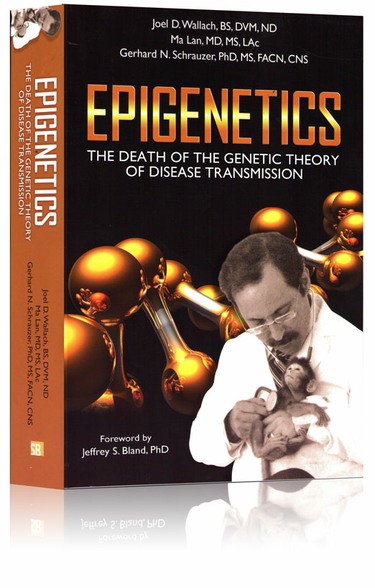In Epigenetics, Wallach stands against the tide, recalling the horrible racial and ethnic cleansing that occurred the last time politics and science united in the view that manipulating the gene pool to produce “desired” characteristics was a noble objective. Wallach explains that the genetic theory of disease is yet another folly, an enterprise which has absorbed billions in public and private funds but is in many respects a fool’s errand. “The genetic theory of disease transmission is based on manipulation of observations, lack of complete information, isolated facts, descriptions of events and dogma,” Wallach writes. Moreover, Wallach emphasizes that the Human Genome Project discovered a truth about the individual genome that confounds any ultimate utility of the entire endeavor to link genes to disease states. No two genomes are alike, except in identical twins, but even in twins genetic expression differs based on the environment. That fact makes the notion of a one size fits all solution impossible, confounding attempts to use gene manipulation stimulated by either a drug or medical device, as a general disease cure.






